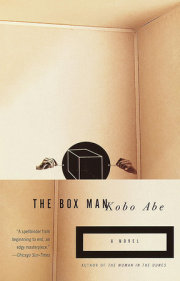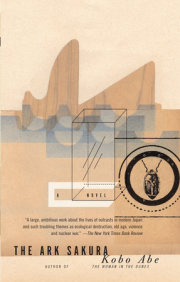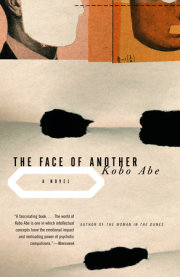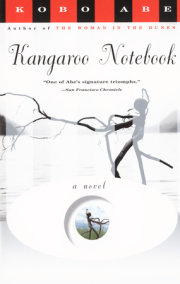
Get the latest news on all things Higher Education.
Learn about our books, authors, teacher events, and more!
Our mission is to foster a universal passion for reading by partnering with authors to help create stories and communicate ideas that inform, entertain, and inspire.
/
































































































